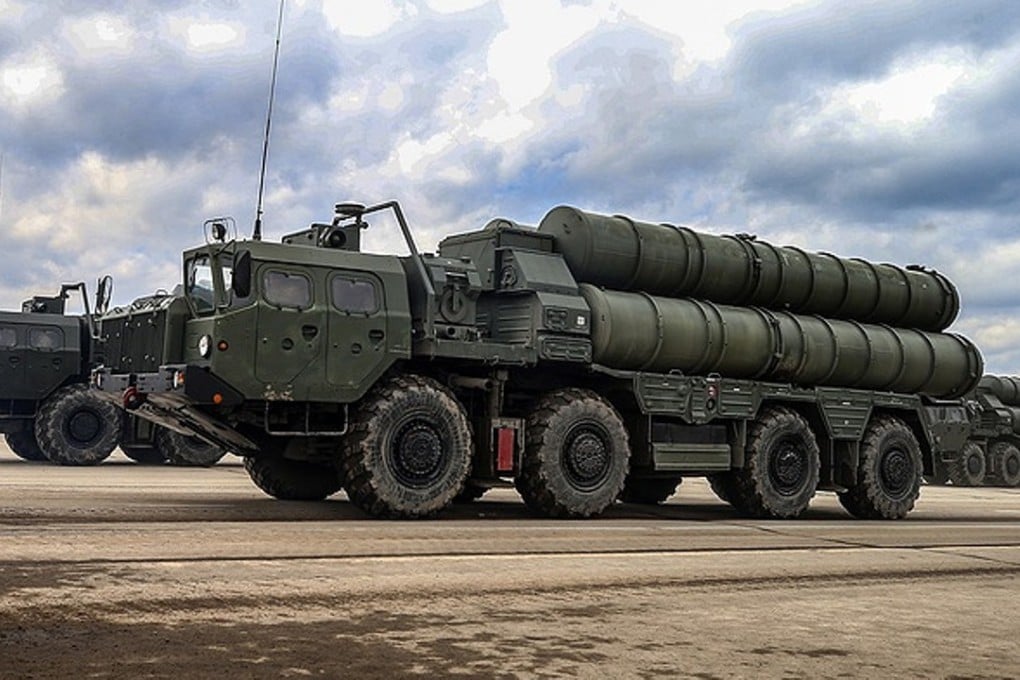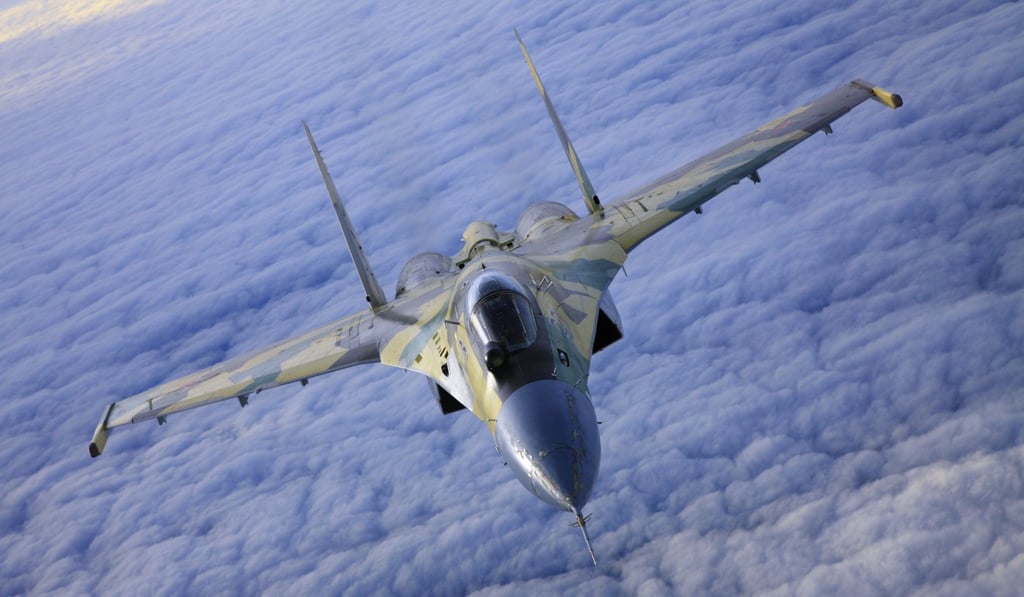US slaps sanctions on Chinese military unit for buying Russian jets, missiles
The actions target a key agency in China’s Central Military Commission, as well as the agency’s leader – but a US official said the sanctions were to punish Russia, not harm Beijing

The US government has slapped punitive sanctions on a key unit of the Chinese military for buying Russian fighter jets and surface-to-air missiles.
Washington said that the purchases by the Equipment Development Department (EDD) of China’s Ministry of Defence violated US sanctions on Russia. Both the EDD and its director, Li Shangfu, have been named in Thursday’s sanctions.
The action is “aimed at imposing costs on Russia in response to its malign activities,” a senior US administration official said, referring to alleged hacking by Russia during the US 2016 presidential election and its military intervention in eastern Ukraine.

One State Department official, who briefed reporters and spoke on condition of anonymity, insisted that the sanctions were intended to affect Russia only, not China or its military.